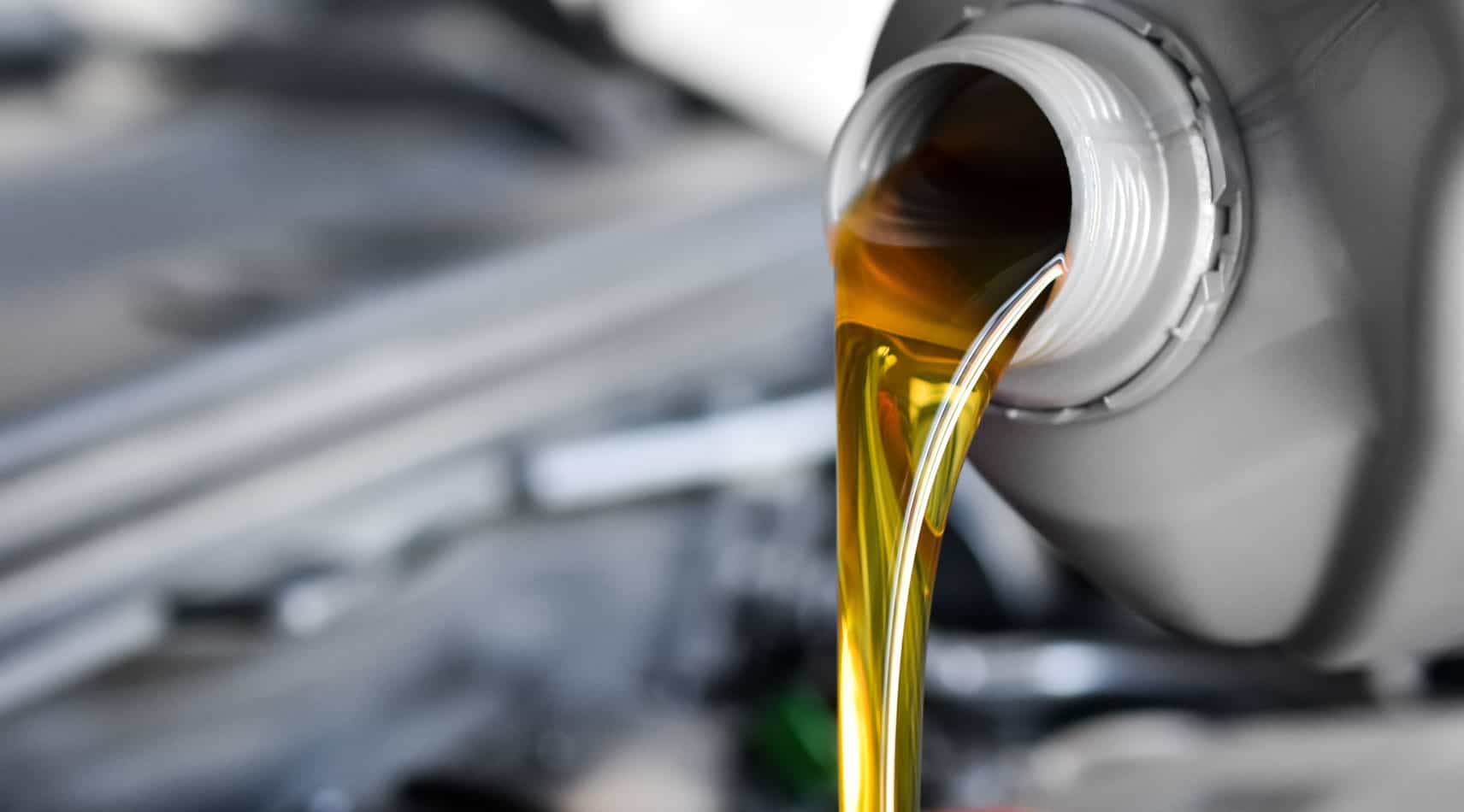The change in virgin crude oil price can directly affect the used oil recycling options. if the crude oil prices drop, petroleum product prices will fall accordingly. Gasoline and fuel oil prices track crude oil prices very closely while lubricating oil prices react very slowly with crude oil price changes since lube oil contains many additives and other components that add to the final product cost. A drop in crude oil price will decrease the value of reprocessed oil sold as a fuel supplement and as well as lower the re-refiners` revenues. If higher-value products other than petroleum products can be recovered or produced from the used oil by some new technologies, larger profit margins could be generated than reprocessed oil or re-refined oil as expected. Unfortunately, almost no research studies are related to the field that is exploring other recycling or reuse options for used oils. It is the uniqueness and superiority of the biochemical process to convert used oil to commercially valuable products.

Current Recycle / Reuse Programs on Waste Oil Markets
Used oil is not only a big problem for the whole world, it also creates problems in every single country since it generates such large quantities of waste. In the process of evaluating the feasibility of adaptation of biochemical processes for used oil worldwide, efforts were made in surveying annual quantities of used oil generated and existing recycle/reuse programs in different countries. Regulatory structure and enforcement ability on used oil management differ with the country`s size and political structure. Facilities in each country may also be significantly different from one another. Studies stated that used oils may have unique geological characteristics from place to place. An individual needs to acknowledge that it`s good enough for an individual only not to pollute his own backyard and that everyone must learns to protect the entire environment, no matter where they are standing on this earth. This is why we believe that every country must understand the importance of used oil recycling.
Techno-Economic Evaluation of Used Oil Recycling
The price of virgin oil dramatically affects the used oil management system, because used oil competes with virgin oil as a source of fuel and as a base stock for lubricating oil. Like all recycling markets, recycled oil products must be sold at a lower price than virgin oil products to compete. Used oil recyclers must cover the costs of collecting and recycling used oil, as well as maintain a profit to stay in business. When the virgin oil price is high, the used oil recyclers make large enough profits that they can pay generators for the used oil they produce or the transporters for the used oil they collect. When the virgin oil price drops, the used oil recyclers can then have a little profit margin to pay (or must charge) generators or transporters. When recyclers and transporters pay for used oil, the service stations, quick-lube shops, fleet operations, and DIY collection centers have an incentive to have their used oil recycled off-site. As a result, high virgin oil price encourages used oil processing and re-refining. Conversely, low virgin oil price encourages the on-site burning of used oil. How to choose a cost-effective recycling option, therefore, depends on the projected price of virgin oil. Other than that, protecting human health and the environment must always be the main concern. Choosing the most environmentally sound oil management method will minimize potential liability costs and eliminate fines and other costs associated with enforcement actions for violating environmental regulations.

Re-refined base oil from used lube oil in general, in comparison to the quality and technology of virgin base oil, is proven to be economically viable when payments for feed, production costs, by-product credits, and product sell price are all accounted for. In some cases, re-refiners have a payback period as low as 1.4 years, which is more profitable than virgin lube producers and would definitely be attractive to potential investors. To make BNL’s biochemical process become techno-economically feasible and fully commercialized, there are some important scopes to achieve. First of all, an improvement in the quality of the bioproducts (live biomass, lipidic biomass, and delipidated biomass) will help to ensure these products can be sold to the markets at higher prices to create larger profit margins. Secondly, if possible, used oil stock from either generators or transporters needs to be acquired at a reasonable price. Largely used oil reprocessors or re-refiners always have their own fleet or collection system to lower the operation cost on feedstock. The commercialized biochemical plant would have to compete with these existing facilities in acquiring used oil stock. Lastly, since the market/application for the bioproducts is not limited to only one option, more profits actually, should be expected instead of other options.
Used Oil Recycling can produce good Benefits
In general, saving production costs is another way to create new profits. And some people regard used oil recycling and reuse as a business. YANGJIANG is a professional waste oil recovery machine supplier, providing professional waste oil recovery machines for global sellers. YANGJIANG is committed to the research and development of new products, and wholeheartedly provides you with the most cost-effective high-quality products and meticulous after-sales service! Now we have studied a new solvent extraction technology, which can extract base oil, black diesel oil, acid refining oil, vacuum side stream oil, clay filter oil, etc. into watercolor-like oil. Water-based oils can meet API II oil standards. We are committed to protecting the environment by recycling waste oil and refining it into pure base oil. Help users greatly reduce maintenance costs, extend equipment life, and significantly reduce waste oil disposal problems.


